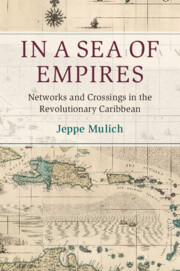The field of Atlantic history initially focused exclusively on the Anglo-American North Atlantic, largely ignoring the South Atlantic and Africa. This approach, dominant after World War II, portrayed a “Western civilization” based on North Atlantic liberal values, akin to a postwar Mediterranean. Over time, historians of the Anglo-American Atlantic criticized this narrow focus, recognizing the broader interconnectedness of the Atlantic world. Recent decades have seen a shift, with more historians acknowledging the Atlantic as a complex, interconnected space involving four continents. Particularly notable is the rise of studies on the South Atlantic, especially regarding science and empire in the Iberian world. These studies highlight the significant role of Spain and Portugal, challenging the previously North Atlantic-centered narrative. This research has revealed that the Atlantic world was as much, if not more, shaped by Spanish and Portuguese influences as by English ones. The reviewed works exemplify this shift, focusing on the South Atlantic's imperial entanglements and the African diaspora in the Caribbean.
